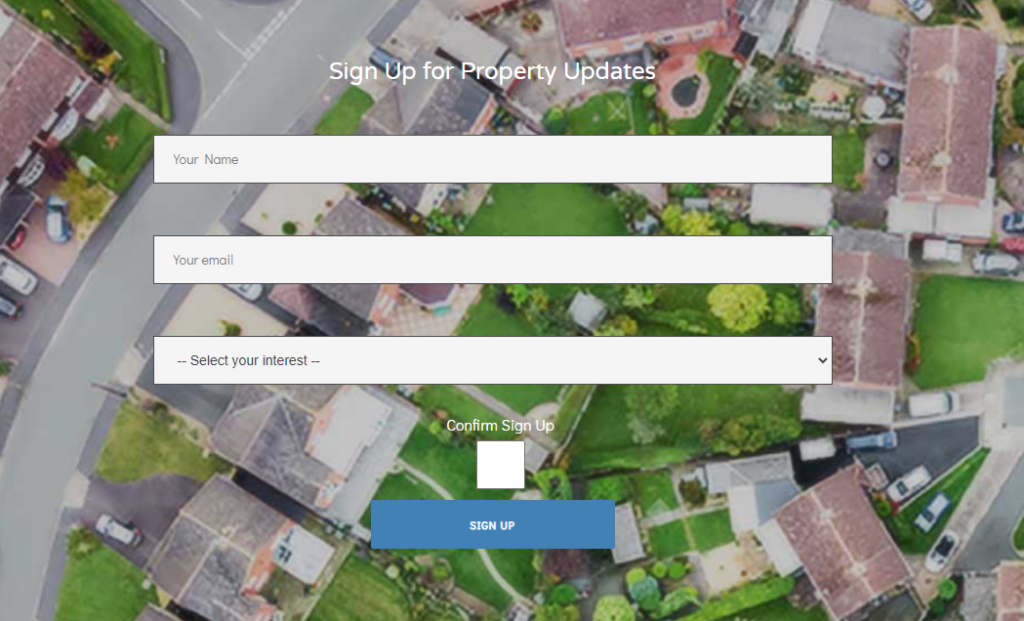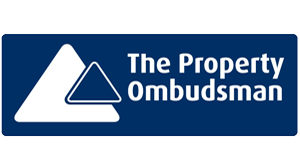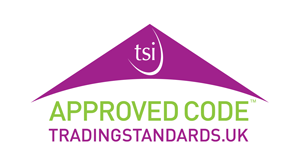
Frequently Asked Questions for Tenants
Frequently Asked Questions for Tenants
Renting a property as a tenant, whether for the first time or not, can be confusing. The laws and legislations for tenants, landlords and agents are constantly changing, so it’s important to know your rights and responsibilities with each tenancy. In this section of frequently asked questions for tenants we hope to answer some of the most common questions we receive from applicants and tenants.
Got a question we didn’t cover? Let us know via email.
Applying for a Property
- Income confirmed at 2.5x yearly rental amount (for example, if the asking rent on a property was £750PCM, tenants would have to confirm yearly income of £22,500 per annum (750.00 x 12 x 2.5) (OR can provide a homeowner guarantor with income 3x yearly rental amount)
- No adverse credit (CCJs, IVAs, etc. (OR if minor adverse credit, can provide a homeowner guarantor with income 3x yearly rental amount)
- Right to rent in the UK (find the UK Gov Right to Rent Guide here for more information)













 Investment Properties
Investment Properties